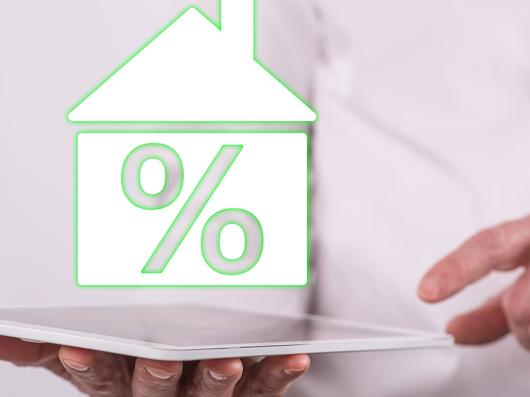Articles
Mortgages and relationships
A mortgage is very likely the largest financial commitment most of us will make in our lifetimes, so if you are making that commitment with a partner – whether or not you’ve made other commitments already, such as marriage or having children together – it requires additional preparation and much discussion.
The mortgage market: lenders and their existing clients
It is an odd anomaly in the mortgage market that banks and building societies have traditionally tried much harder to attract new customers than look after their existing ones.
We say ‘odd’ because in the world of finance, the process and cost of looking after existing customers – particularly those who have a good track record – makes it a much simpler transaction for the lender.
Potential benefits of using a broker
The regulation changes in the mortgage market since 2014 have made all of us adapt our processes; however, in truth, for brokers it has merely honed the values and principles we already held. For some banks and building societies however it has been quite a culture change.
Brexit and the property market 2019
As with all things related to Brexit, there are wildly differing opinions, depending on your view, your depth of knowledge and crucially, what sort of deal – if any – will happen. Thus, any predictions can really only be based on gut feeling.
It is generally thought to be highly unlikely that the housing market will crash, though some high profile politicians have suggested potentially huge value drops in the event of a no-deal scenario. And indeed, in some areas of the country, the uncertainty is already leading to price drops.
2019 and our rate of interest predictions
The current climate means that it is nigh on impossible to be sure of anything at present when it comes to the business world and finances. It is often quoted that the only thing that is certain is uncertainty.
Of course, Brexit is the single biggest contributor to this school of thought. If we end up with a deal at all, what will it look like? And how will it impact us all, if at all?












